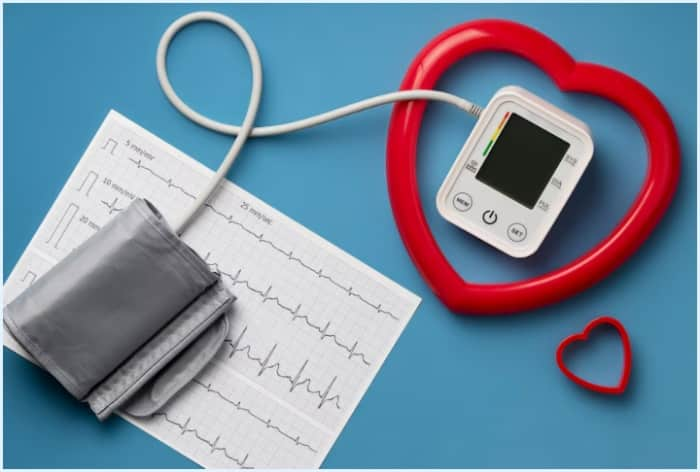Hypertension or high blood pressure can out you at risk of an heart attack. Here are few lesser known signs and symptoms of BP that you should not ignore.

In a hustle-driven world where stress seems to be a perennial problem, blood pressure is at risk to be at elevated levels. when blood pressure is uncontrollable it may lead to hypertension that further puts the heart at risk of cardiac arrest, heart attack etc. But how to identify if you have hypertension or high blood pressure?
The human body has a way of conveying issues. Here are a few lesser-known or uncommon tell-tale signs and symptoms of hypertension that one must be aware of.
HYPERTENSION: 5 LESSER-KNOWN SYMPTOMS OF HIGH BLOOD PRESSURE
- Headaches: While not everyone with hypertension experiences headaches, persistent or severe headaches, especially in the back of the head or at the base of the skull, can be a sign of high blood pressure.
- Dizziness and Lightheadedness: Sudden feelings of dizziness, lightheadedness, or unsteadiness can be indicators of hypertension, as the high pressure can affect blood flow to the brain.
- Chest Pain or Discomfort: High blood pressure can put strain on the heart and blood vessels, leading to chest pain, tightness, or discomfort, which can sometimes be mistaken for angina or a heart attack.
- Blood Spots in the Eyes: The small blood vessels in the eyes can become weakened and damaged by high blood pressure, leading to the appearance of tiny red or purple spots (known as subconjunctival hemorrhages) on the whites of the eyes.
- Difficulty Sleeping: Hypertension can disrupt sleep patterns, making it harder to fall asleep or stay asleep throughout the night. This can be due to the physical effects of high blood pressure on the body.
- Fatigue and Lack of Energy: Chronic high blood pressure can cause overall feelings of fatigue, lack of energy, and reduced stamina, as the heart has to work harder to pump blood throughout the body.
It’s important to note that these symptoms can also be associated with other health conditions, so it’s crucial to have your blood pressure checked regularly by a healthcare professional. If you experience any of these lesser-known symptoms, be sure to report them to your doctor, as they may indicate the need for further evaluation and treatment of hypertension.

